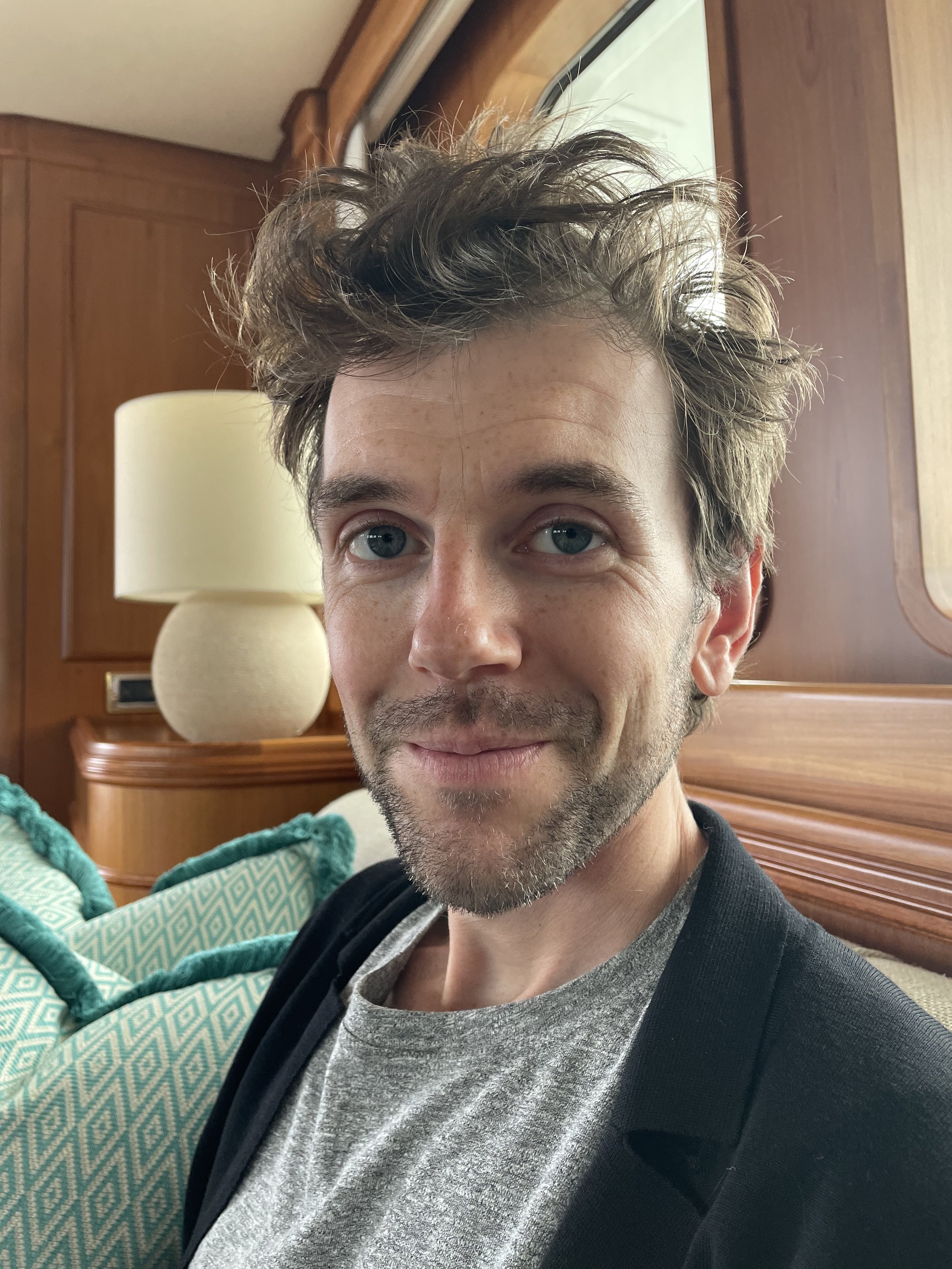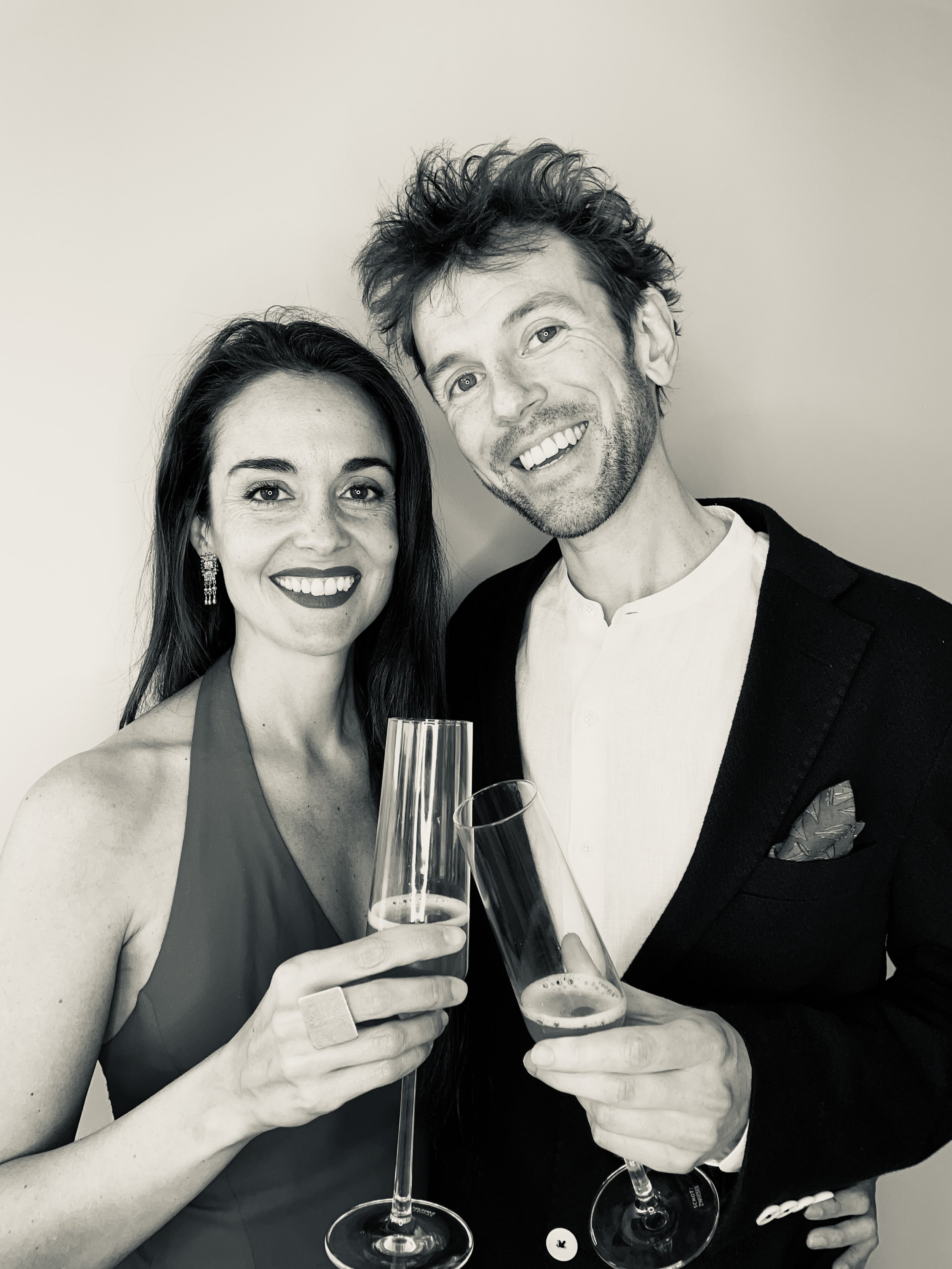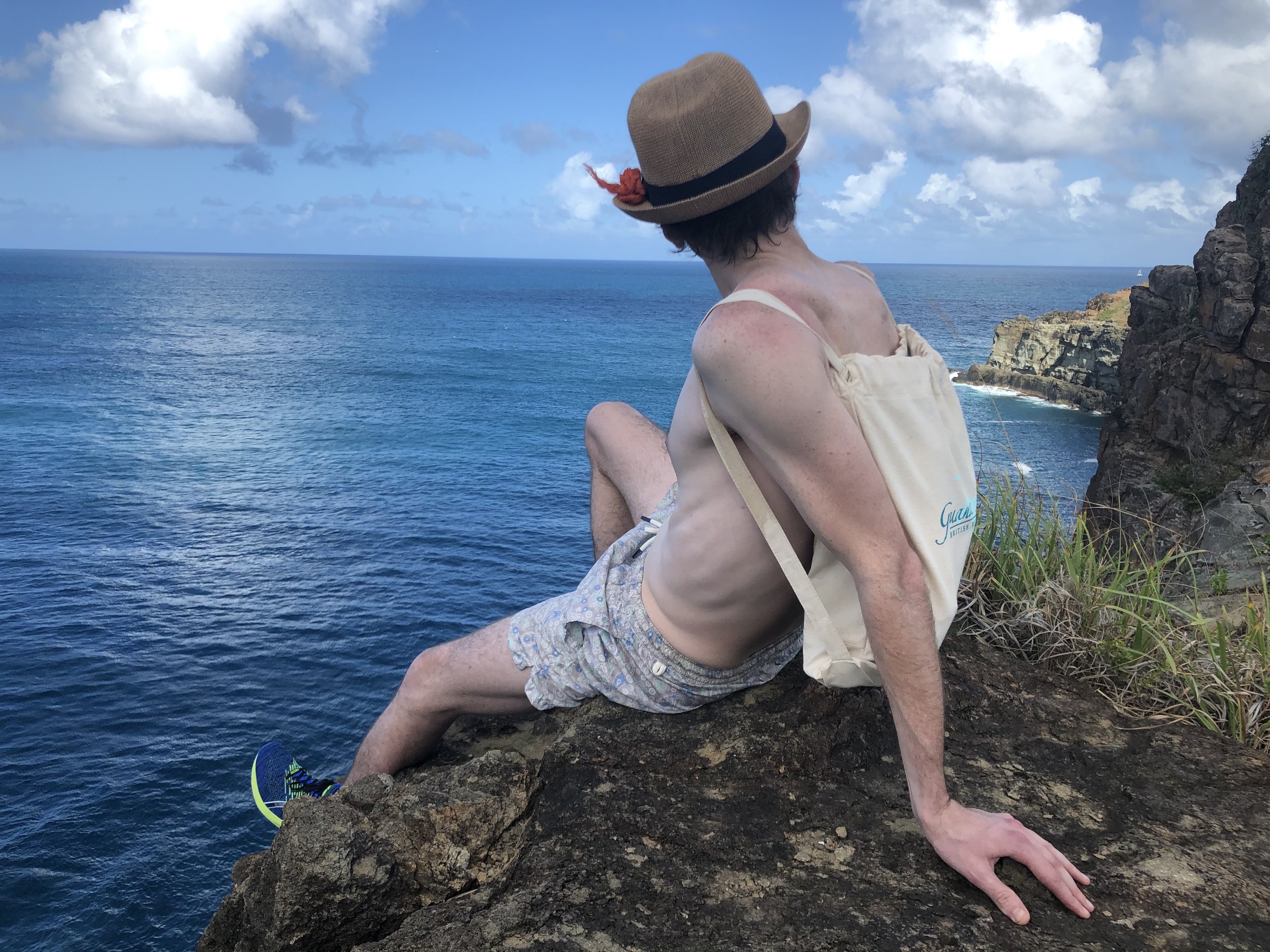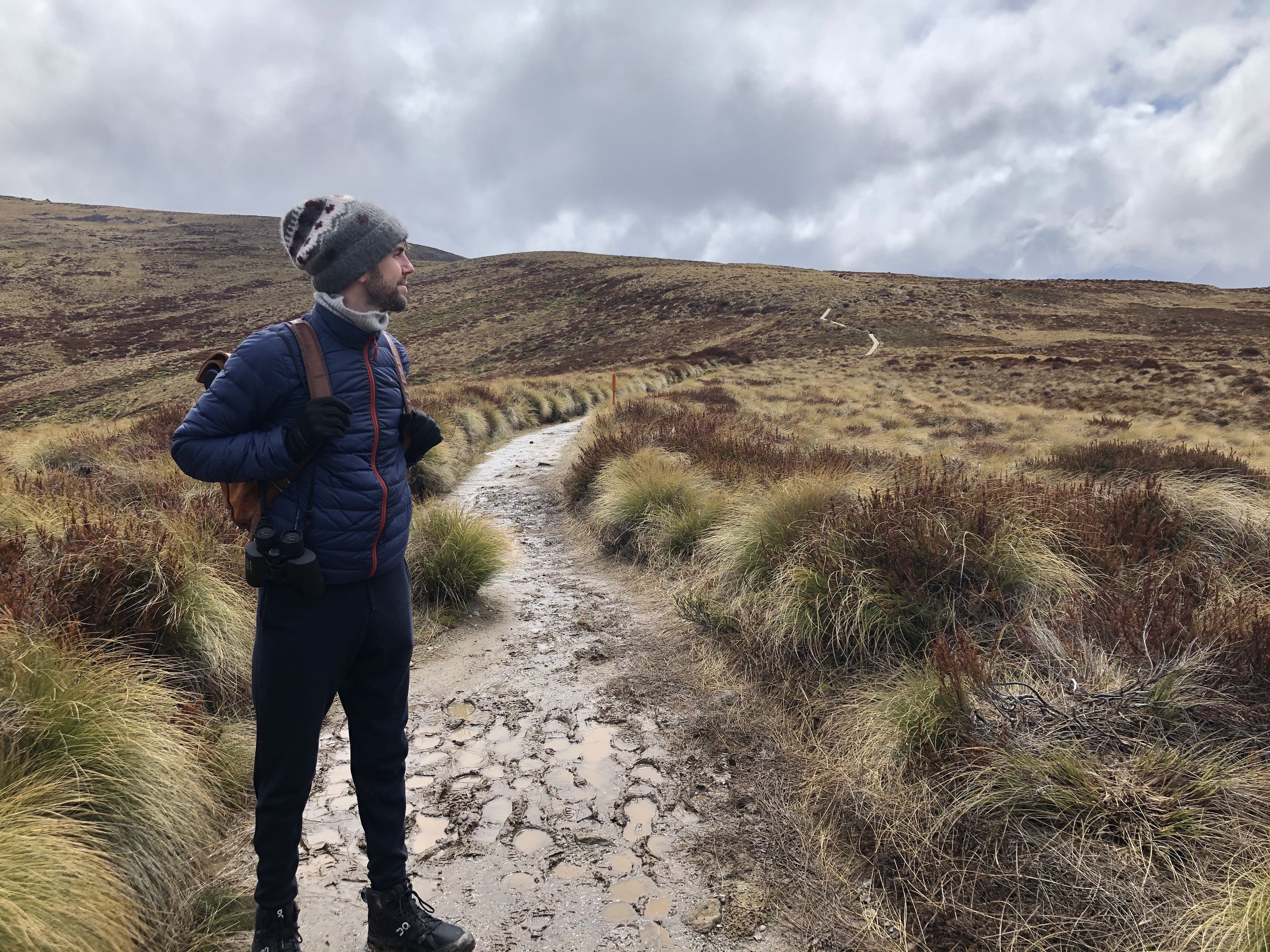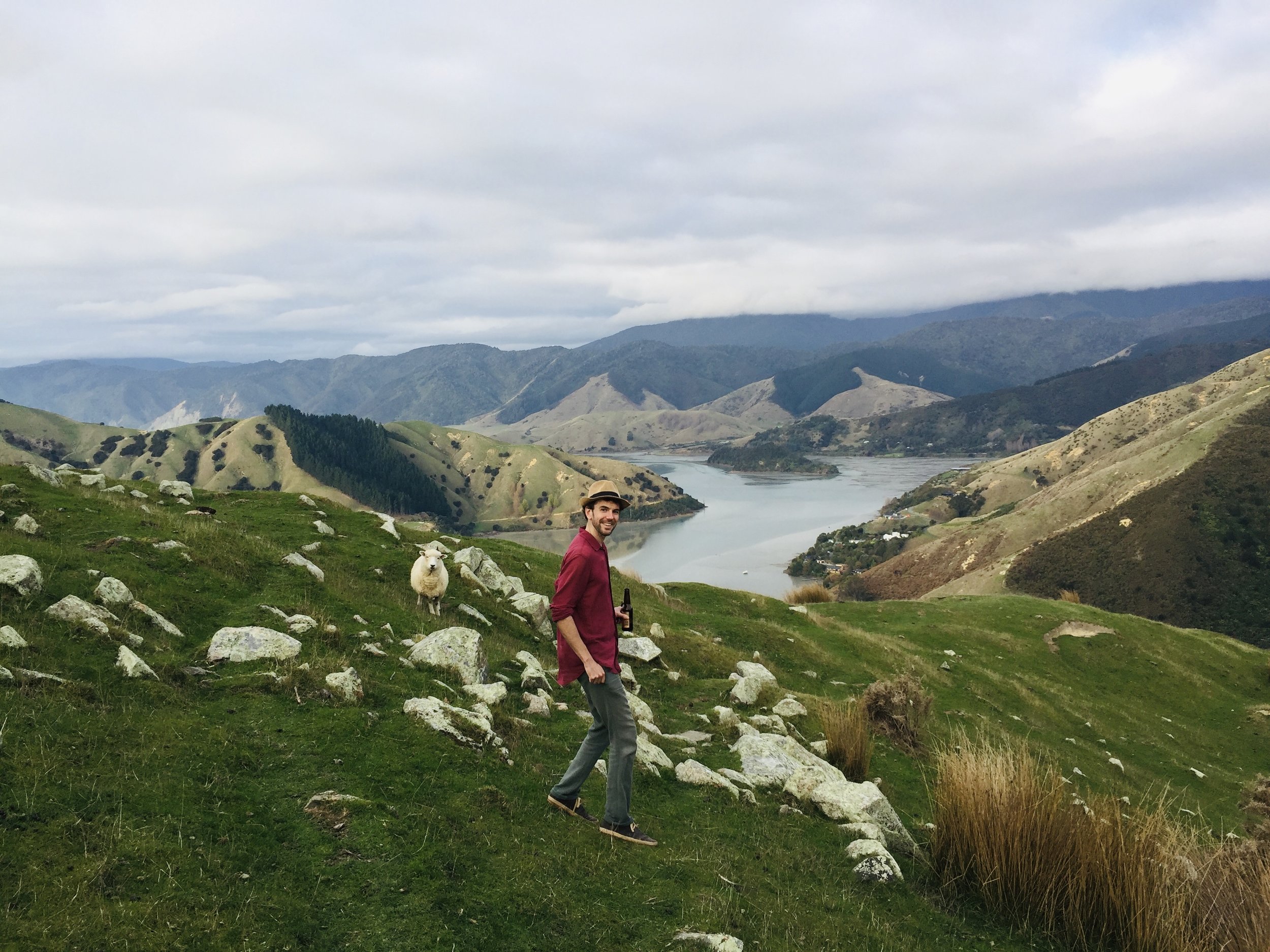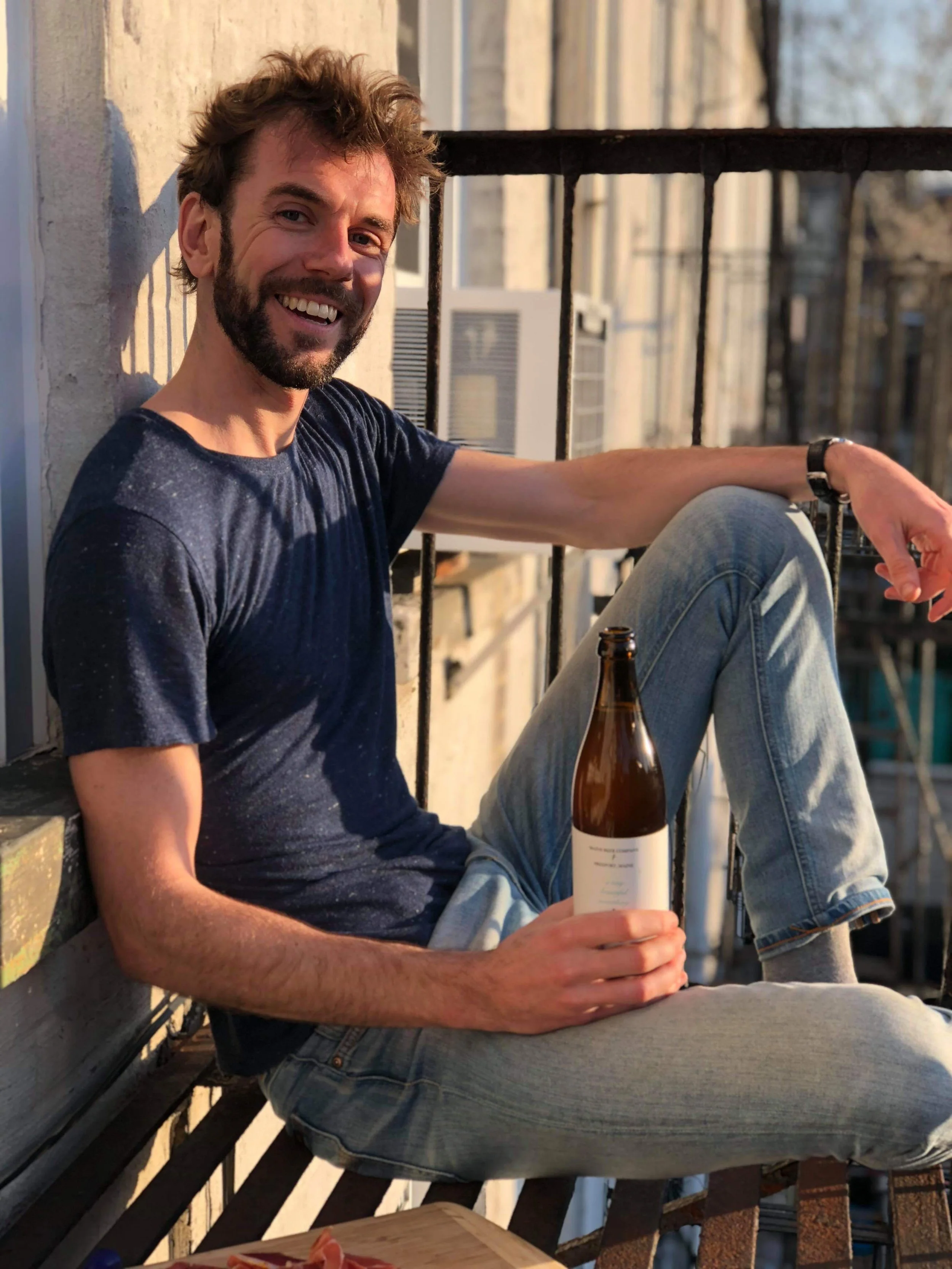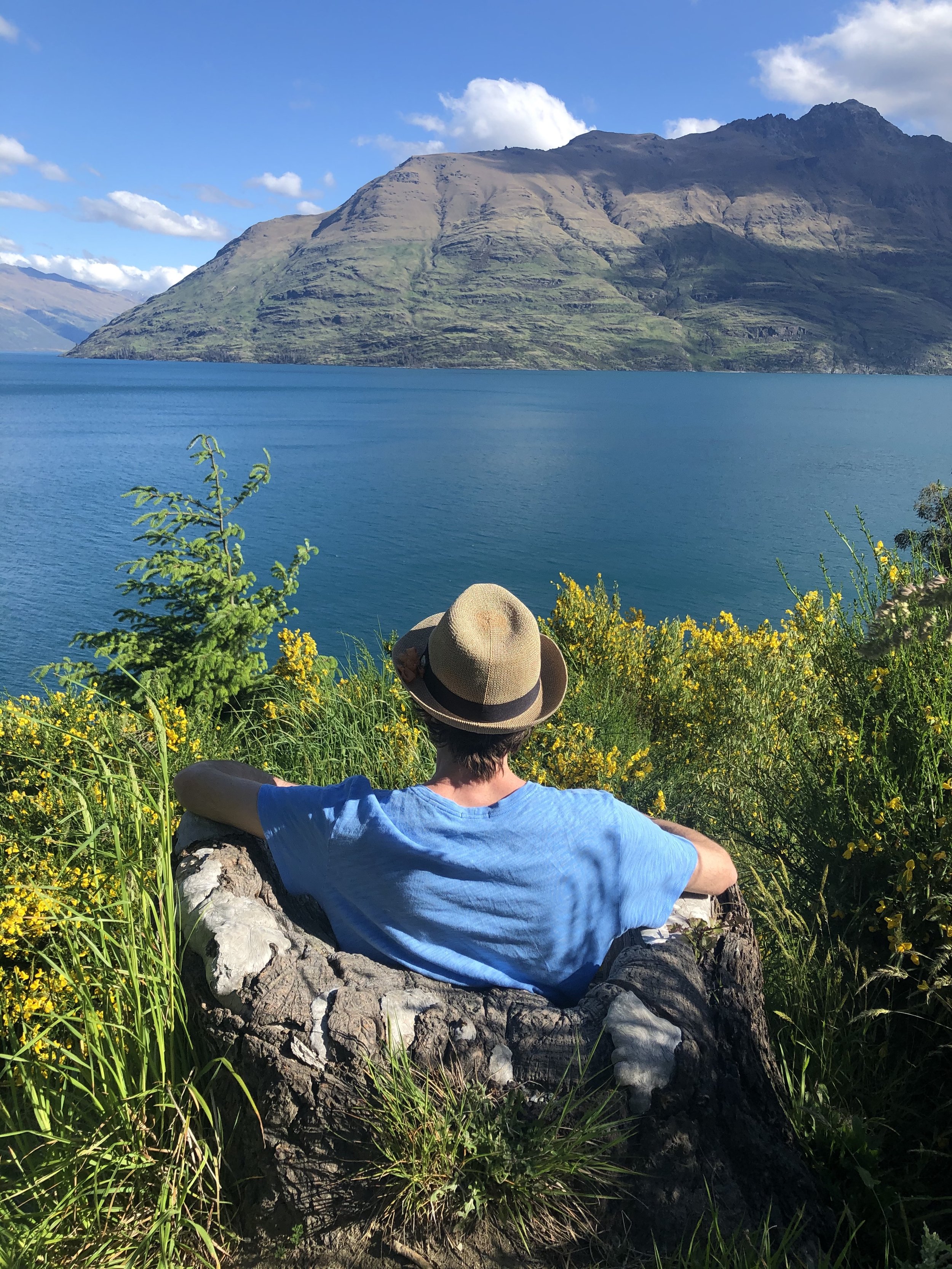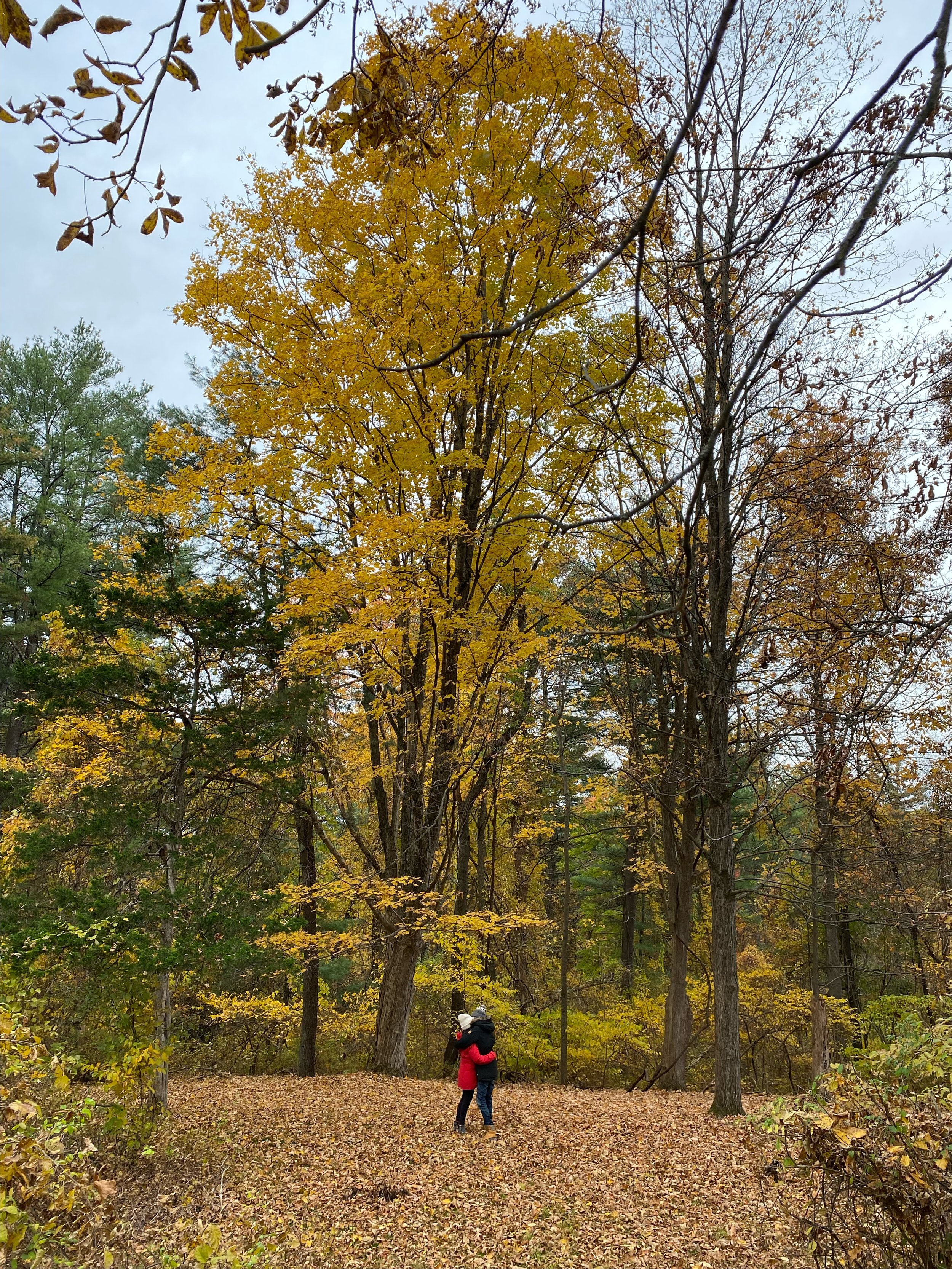Matthew Strother was a dearly beloved member of several communities focused on education, attention, and the liberal arts. His loss was deeply felt among these groups, and several initiatives and tributes have been created in his name, most notably:
The Strother School of Radical Attention is committed to Attention Activism. The school was created by the Friends of Attention, who named it after Matthew to celebrate and recognize his outstanding contribution to their long standing work on attention.
Matthew’s Pollinator Garden in Catskill, NY is a beautiful public garden containing more than two hundred native plants. The garden is an educational tool to raise awareness of the plant species most beneficial to our pollinators.
Matthew Strother
by his friend and teacher
Bill Deresiewicz
Matthew Strother was many things, but, above all, he was a seeker.
I first met Matthew when he walked into my English class at Yale in the spring of his sophomore year. He wasn't there to get a good grade. He was there because he believed, as he would later put it, that what's at stake when you read a book is nothing less than life itself.
Matthew Strother lived by that conviction. Ideas, for him, were instruments of salvation: guides to life that were also to be tested against life. His senior thesis read The Waste Land through the lens of Baudelaire's flâneur—a figure that he seized on as his template. After graduation, it was off to Europe: two years in Paris, then three in Berlin. A letter that he sent me near the end of this sojourn (at some thirty pages, it is the longest I have ever received) was a spiritual diary that doubled as a reading log: Joyce, Hesse, Bellow, Camus, Lawrence, Larkin, Miller, Maugham, Hemingway, Chesterton, Salinger, Durell, Ozick, Blake, Gorky, Chekhov, Geoff Dyer, Paul Goodman, Roberto Calasso, David Shields, Gregoire Bouillier, and George WS Trow.
Matthew returned to New York to do a masters in Liberal Studies at The New School. His thesis, which took up the notion of Bildung in Nietzsche, Dilthey, and Gadamer, was a first attempt to answer the question that became his grail: how to restore a sense of meaning, of existential weight, to higher education. Like many of my best and most serious students, he despaired at the dearth of formal opportunities to live the life of the mind after college—and during it, as well. “It's hard to build your soul,” as he put it to me, “when everyone around you is trying to sell theirs”.
Eventually, he decided to do something more about this problem than just write. (As always with Matthew, thinking had to be combined with doing.) Inspired by models like Deep Springs College and the Catherine Project (through which he studied Ancient Greek), he would create a school: a retreat for seekers like himself, one that would combine the rigorous study of literary and philosophical texts with a spirit of experimentation toward the daily tasks of living. “One of the subjects I ended up exploring,” he wrote me of his masters, “is the distinction Nietzsche makes between ‘Bildung’ and Bildung or ‘Culture’ and Culture,’” and it was always Matthew's thirst to live without quotation marks, as close as he could to reality's bone.
Matthew Strother did not live to execute his plan, but such was his effect on those who loved him—and many loved him, for his gift for friendship and his appetite for experience as well as for his shining mind —that we have sought to perpetuate his spirit by realizing his vision as the Matthew Strother Center for The Examined Life.
